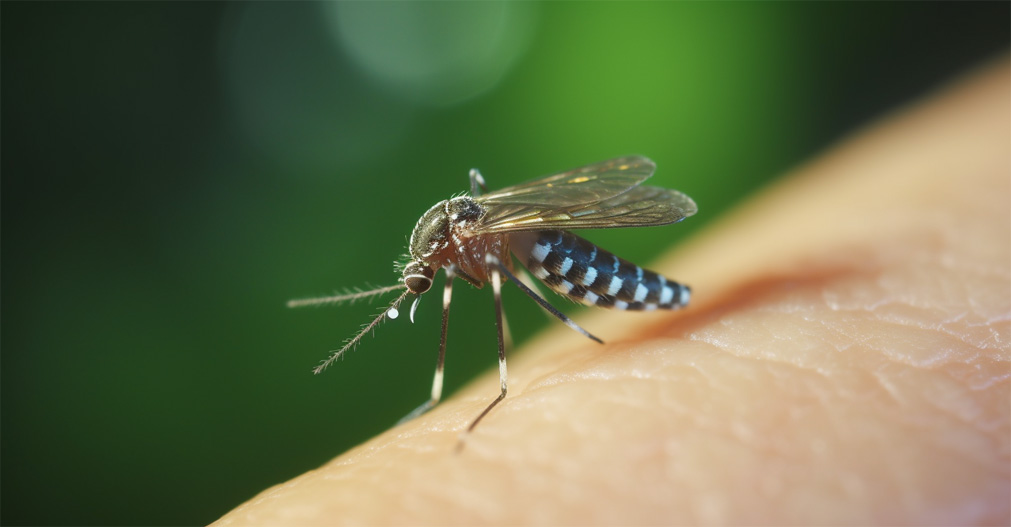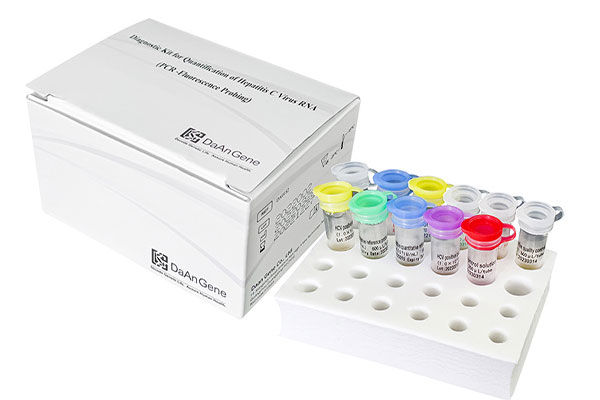According to the report by Reuters (Oct 6, LONDON), WHO's chief scientist said dengue fever will become a major threat in the southern United States, southern Europe, and new parts of Africa this decade.
Dengue is a disease carried by Aedes aegypti mosquitos which causes an estimated 100 million to 400 million infections a year. In recent decades, the disease has been characterized as a problem for people in lower-income countries. But the geography of dengue could quickly shift, and experts have been increasingly voicing concern over how climate change might affect dengue's spread, and that of other diseases, as well. WHO officials note that cases of dengue in Asia have increased in Cambodia, Vietnam, Laos, the Philippines, Malaysia, and Singapore. Many cases go unrecorded, but in 2022 4.2 million cases were reported worldwide and public health officials have warned that near-record levels of transmission are expected this year. Bangladesh is currently experiencing its worst-ever outbreak, with more than 1,000 deaths.

According to Farrar, a representative of the World Health Organization (WHO), the infection is expected to spread and become more prevalent in parts of the United States, Europe, and Africa. This is due to the effects of global warming, which creates suitable environments for the mosquitoes responsible for transmitting the disease. As a result, hospital systems in various countries will face significant strain.
Climate change leads to increased precipitation, higher temperatures, and higher humidity, creating ideal conditions for mosquito breeding. Surprisingly, even dry weather has been found to facilitate mosquito reproduction. Researchers suggest that drought makes mosquitoes thirsty, leading them to seek blood meals more frequently. This worrisome trend of climate change enabling the movement of mosquito carriers is further exacerbated as people travel, allowing the virus to spread. Unfortunately, this pattern is expected to persist globally.
Most people will not have symptoms once infected with dengue, some might experience high fever, headache, body aches, nausea, and rash but usually recover in a couple of weeks. Dengue is a mild disease in most cases but could be fatal for those who develop severe cases. "This is a big threat to the world because most countries now have all four related dengue viruses in circulation ( Four dengue virus subtypes exist, namely DENV1, DENV2, DENV3, and DENV4. When individuals become immune following infection with one subtype, their immunity provides only a brief period of cross-protection against the remaining three subtypes.)," Dr. Raman Velayudhan, Unit Head of WHO, said. "Dengue unfortunately does not have a treatment and even vaccines are just emerging in the market right now," he said.
There is a pressing public demand for the development of precise medications, treatments, and diagnostic tools to efficiently handle both patients and epidemics. Daan Gene has been committed to the prevention of vector borne diseases for a long time. We offer highly accurate diagnostic reagents, such as DA031X, which is used for qualitative detection of Dengue virus (DV) RNA in human serum specimens. This dengue detection test kit uses real-time fluorescent PCR technology, targeting the highly conservative region of the DV gene coding region with specific primers and fluorescent probes for qualitative detection. When used with Daan Gene's nucleic acid extraction reagent, DA031X can quantitatively detect the target gene with a limit of detection (LoD) of 1.5×101 TCID50/mL. Additionally, the kit includes an internal standard substance to monitor the nucleic acid extraction and PCR amplification processes, reducing the occurrence of false negative results.
https://reliefweb.int/report/barbados/ministry-health-dengue-fever-outbreak




